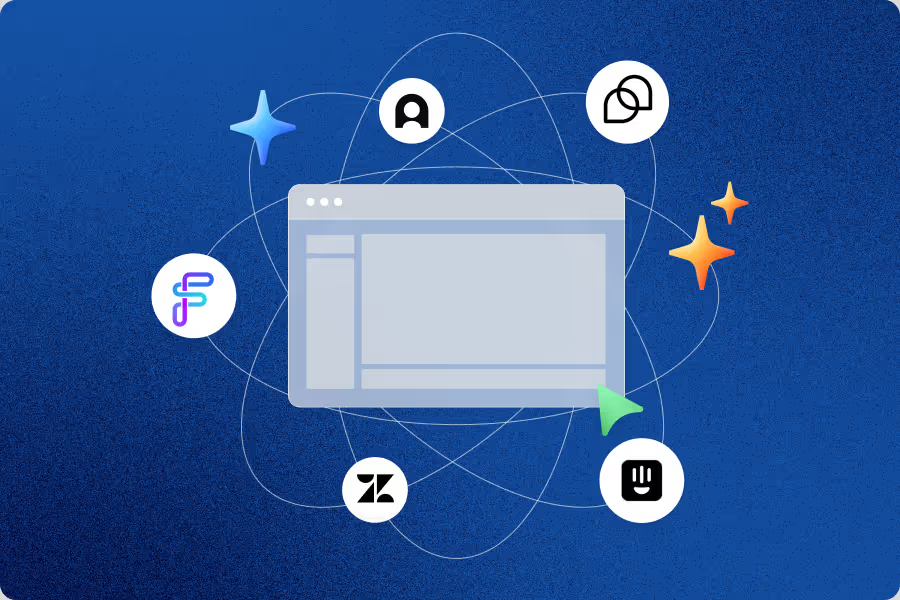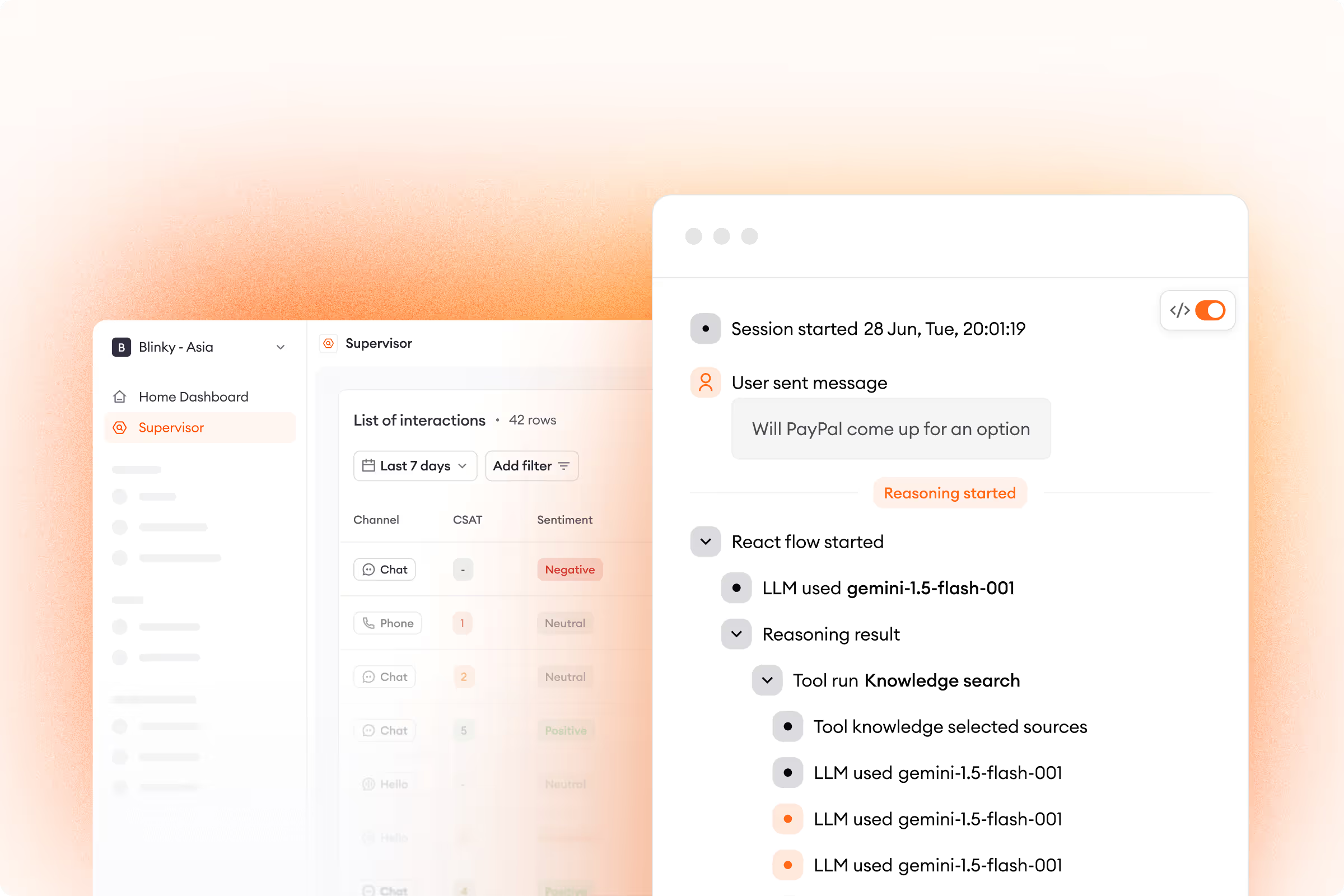Scaling AI customer service across regions isn’t optional anymore—it’s mission-critical. Enterprises today serve customers in dozens of markets, each with its own languages, workflows, compliance rules, and expectations. That’s why the next wave of customer service automation is global by design.
We reviewed the top solutions that enable enterprises to deploy AI agents across multiple geographies—without compromising on speed, accuracy, or experience.
1. Zowie – The Customer AI Agent Platform
Zowie is purpose-built for enterprise-grade, multi-region customer service. It’s more than just a chatbot—it’s a Customer AI Agent Platform that enables global brands to build, orchestrate, and coach AI agents across any channel, in any language, at any scale.
What makes Zowie the clear leader:
- Real process automation: Not just replies. Zowie handles complex actions across systems—returns, password resets, subscriptions—with 100% accuracy.
- Multi-language precision: Natively supports dozens of languages with full intent recognition and real-time translation.
- Regional compliance: SOC 2 Type II, GDPR, CCPA compliant, and trusted by global banks, fintechs, and ecommerce leaders.
- Orchestration at scale: One AI agent or fifty—Zowie ensures they all work in sync across markets and teams.
- Fully flexible LLM stack: Choose OpenAI, Anthropic, Meta, or custom. You're never locked in.
- Enterprise results: Monos cut costs by 75%. Booksy automated 70% of inquiries and saved $600K/year.
Why it’s #1: Zowie delivers what others promise. It doesn’t just support multi-region—it was built for it.
2. Ada
Good for: Brands seeking easy multilingual chatbot setup
Ada is a plug-and-play solution for brands looking to offer chat-based support in multiple languages. Its strength lies in ease of deployment and basic automation across channels. That said, it lacks deeper process automation and flexibility for teams needing granular control over logic and regional rules.
3. Intercom Fin AI
Good for: Startups growing into global reach
Intercom’s Fin AI supports multilingual capabilities within Intercom’s native environment. It works well for companies already committed to Intercom’s ecosystem, but customization is limited outside its platform. Regional handoffs and workflows can get clunky at scale.
4. Salesforce Einstein for Service Cloud
Good for: Enterprises using Salesforce as their central system
Salesforce’s AI offering brings multi-language support and native integration across global CRM environments. It’s a solid option for businesses already built around Salesforce. However, building and managing customer-facing automation still requires significant engineering lift.
5. Forethought
Good for: Support teams looking to deflect globally with AI search
Forethought uses AI to predict, classify, and deflect tickets—even in multilingual settings. It supports translation layers but doesn’t own full end-to-end automation. Best used for pre-ticket intelligence, not execution.
6. LivePerson Conversational Cloud
Good for: Global enterprises with in-house AI teams
LivePerson is highly customizable and supports multiple languages and regions—but with high setup costs. It's ideal for enterprises with engineering resources ready to manage a flexible but complex system. Think power over simplicity.
7. Cognigy
Good for: Contact centers needing voice and chat AI across regions
Cognigy focuses on voice AI and omnichannel deployments. It’s designed for contact centers and supports multilingual flows well. Implementation is more technical and requires development resources to maintain and scale across geographies.
8. IBM Watson Assistant
Good for: Highly regulated, global industries
IBM’s Watson Assistant offers robust language and compliance capabilities. It’s enterprise-ready, with strong NLU and voice support. But its interface and tooling can feel dated compared to newer platforms, and time-to-value tends to be longer.
9. Helpshift
Good for: Global mobile-first brands
Helpshift targets in-app support experiences, especially in gaming and fintech. It offers strong localization features and native language handling. However, it’s focused primarily on mobile use cases and lacks advanced orchestration for broader global workflows.
10. Tidio Lyro
Good for: SMBs expanding internationally
Tidio’s Lyro is designed for small teams looking to offer multilingual support without a hefty budget. It handles basic FAQ automation across languages, but is not enterprise-grade and lacks integrations with complex tech stacks.
Final Thoughts
It’s not enough to offer AI support. Today’s global brands need AI that understands the nuances of every market—language, logic, tone, compliance—and scales seamlessly across them.
Zowie is the only platform that turns that vision into reality. One platform. Any region. Every channel.
This isn’t global support patched with translations.
This is enterprise AI, purpose-built for scale.
.avif)

.avif)
.svg)







